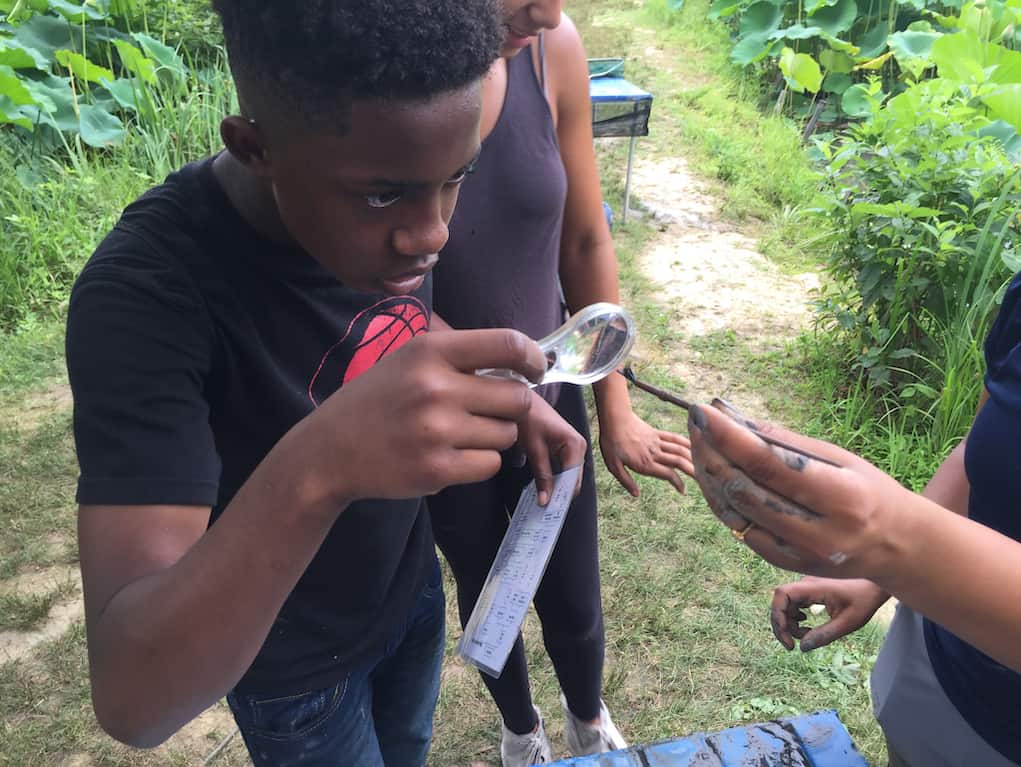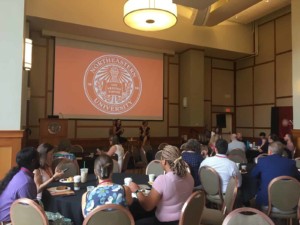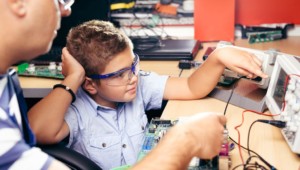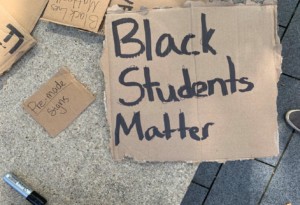Why Experiential Education?

By: Tom Vander Ark and Andy Meyers
Almost 2400 years ago, Aristotle wrote: “for the things we have to learn before we can do them, we learn by doing them.”
About 100 years ago John Dewey said, “Give the pupils something to do, not something to learn; and the doing is of such a nature as to demand thinking; learning naturally results.”
After 25 years of integrating computers into schools and mostly swapping printed for digital worksheets, the world of education is returning to the age-old wisdom of experiential education.
Opening in September in Washington and Shenzen China, Whittle School & Studios stresses learning by doing. Whittle Schools embrace six key outcomes: resilient individuals, self-aware beings, rigorous scholars, ethical citizens, creative buildings and intrepid explorers (see outcome framework below). Like other leading outcome frameworks (e.g., MyWays from NGLC, XQ Learner Goals), these goals can only be achieved with student-centered and experiential learning.
 Experiential learning includes projects (extended multi-step challenges), maker activities, and place-based (community-connected) learning experiences. It may also include games, simulations, work-based and service learning.
Experiential learning includes projects (extended multi-step challenges), maker activities, and place-based (community-connected) learning experiences. It may also include games, simulations, work-based and service learning.
There are five primary benefits of actively engaging learners:
1. Experiential learning is engaging and sticks. “Learning is a process that involves effort, mistakes, reflection, and refinement of strategies.” That’s learning science insight #1 from Digital Promise.
Powerful personal learning experiences engage learners where they are and build motivation. It connects what is learned to what is felt. It makes learning relevant and meaningful. It involves extended effort, mistakes, reflection, and refinement of strategies.
Whittle Schools have a weekly Expeditionary Day, or “X-Day,” where students engage questions from the classroom, or of their own design, both by working outside the classroom within the larger school community as well as engaging the people, places, politics and peculiarities of their city. Whittle Studios include makerspaces available during and after the school day to engage in creative construction.
2. Experiential learning is personal. Meeting each learner where they are and inviting them into learning experiences builds agency. Asking students to reflect on the experience builds metacognition.
A robust advisory system at Whittle monitors student progress and development while encouraging the exploration of strengths and interests that can be further explored in experiential learning. These informed advisory relationships build trust and motivation that fuel a widening array of experiences.
3. Experiential learning is community-connected. Place-based learning uses the city as the classroom. It leverages local assets and partners in learning and connects local issues to global themes.
At Whittle, host cities are a platform for understanding how communities work, for integrating classroom learning with the life of the world, for addressing global challenges, and cultivating the awareness to become socially responsible global citizens.
4. Experiential learning is integrated. With the chance to go deep, experiential learning is applied, relevant and integrated. A variety of experiences boosts transferability of learning.
Deep learning occurs best when students apply what they have learned in the classroom to answer relevant questions in the world. As Whittle student mature, they address increasingly complex topics and begin to engage in design, problem-solving and collaborative service work.
5. Experiential learning builds success skills. Extended challenges build project management and collaboration skills as well as Initiative and persistence.
To contribute now and in the future, young people deserve experiential learning–community connected challenges that build agency and collaboration, that cross disciplines and result in public products that make real contributions.
For more, see:
- Whittle School & Studios: Transforming Education for Global Good
- Why High School Students Deserve Extended Challenges
Andrew Meyers is Co-Chair, Education Design Team and Global Head of Experiential Learning for Whittle School & Studios.
This post includes mentions of a Getting Smart partner. For a full list of partners, affiliate organizations and all other disclosures please see our Partner page.






Gary Gruber
Experiential learning is how doctors, engineers, architects, artists, musicians, sailors, plumbers, electricians, chefs, pilots, teachers, technicians, veterinarians, drivers, and divers learn their craft and get good at it.
So why not all students?
tom Vand
More cool pics from Whittle summer experience here https://www.icloud.com/sharedalbum/#B0P5YHsSjyzZBb
Piyush
Very informative article and well explained...
Gp Capt PVenugopal SC ( Retd)
True . Experiential learning in the out doors / outward bound is one of the best ways of explorations and learning . I have used it supremely effectively for leadership development and other corporate needs .